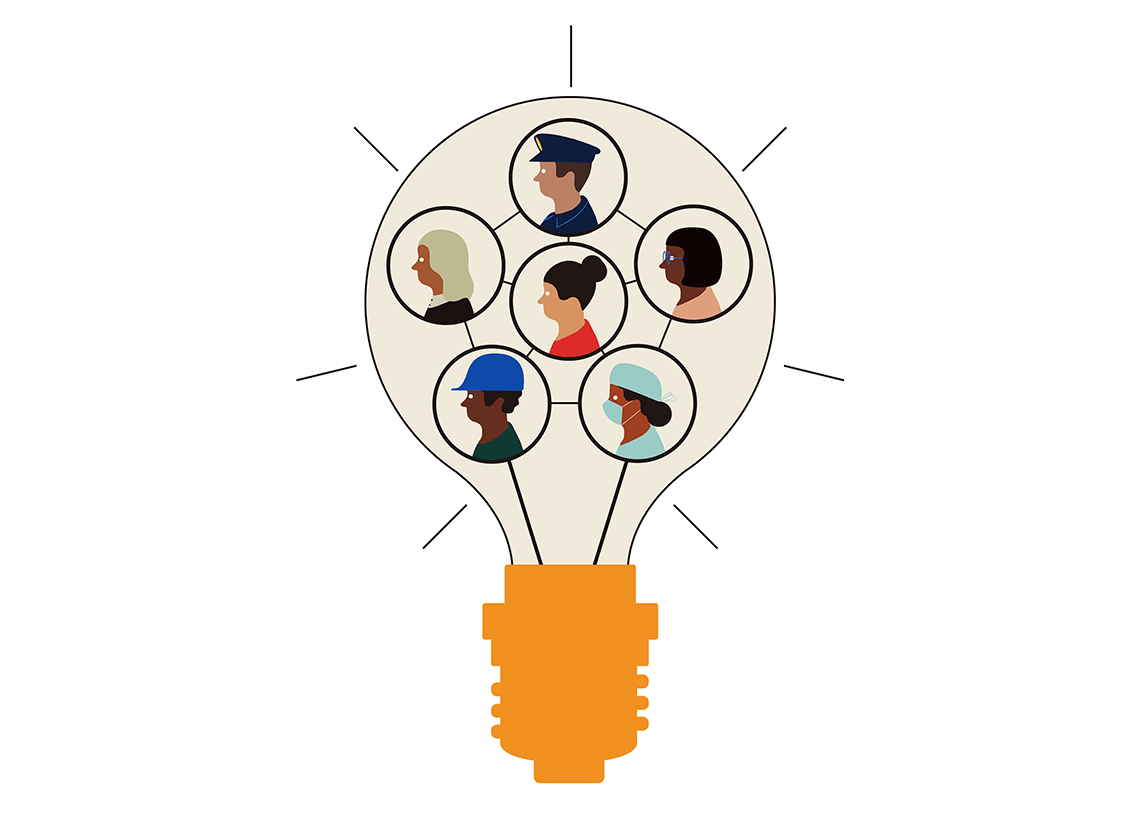A bid to improve the effectiveness and sustainability of their effects
The dynamics of drugs are driven by increasingly complex phenomena along the entire chain, including illicit crops, the emergence of new drugs and psychoactive substances, the laundering of assets that sustain drug trafficking, the effects of problematic drug use and the impact of incarceration for minor drug offences.
In this context, knowledge must underpin the formulation of effective and sustainable drug policies. However, empirical evidence is a necessary but not sufficient condition for policy design and implementation. Innovation is a catalyst for building multilevel and multi-stakeholder mechanisms that respond to the interests and needs of all the actors involved.
Regional programmes such as COPOLAD III provide a favourable space for the generation of knowledge, by allowing a range of innovation modalities with different degrees of experimentation. In particular, the programme promotes studies with innovative approaches, exchange of experiences and study visits, pilot actions at national and regional level, innovation laboratories, as well as a multi-country learning community. But it also implements innovation spaces and processes that bring together actors who are currently not connected in the definition of policies. This enhances the holistic approach of the programme by connecting police, judicial, social, health, economic or educational forces that create scalable prototypes that address the main problems faced by citizens in relation to drugs. Public policy innovation laboratories are currently underway in Chile, Colombia, Peru and Uruguay.
4 implementing PARTNERS:
FIAAPP (Fundación Internacional y para Iberoamérica de Administración y Políticas Públicas)
IILA (Organización Italo-Latinoamericana)
GIZ (Cooperación Técnica Alemana)
EUDA (Agencia Europea de Drogas)






